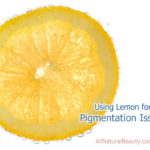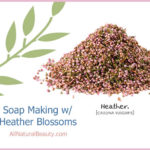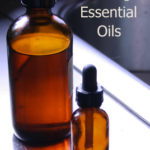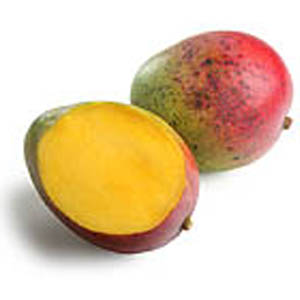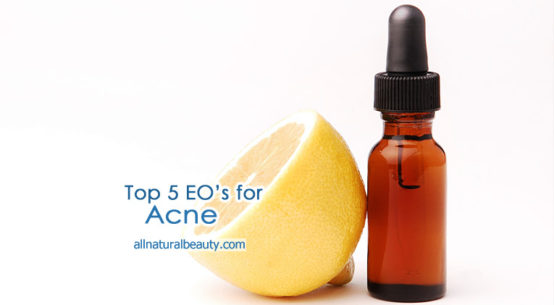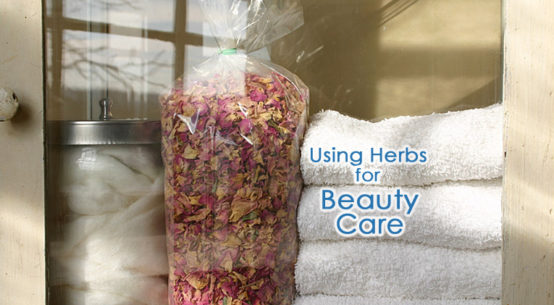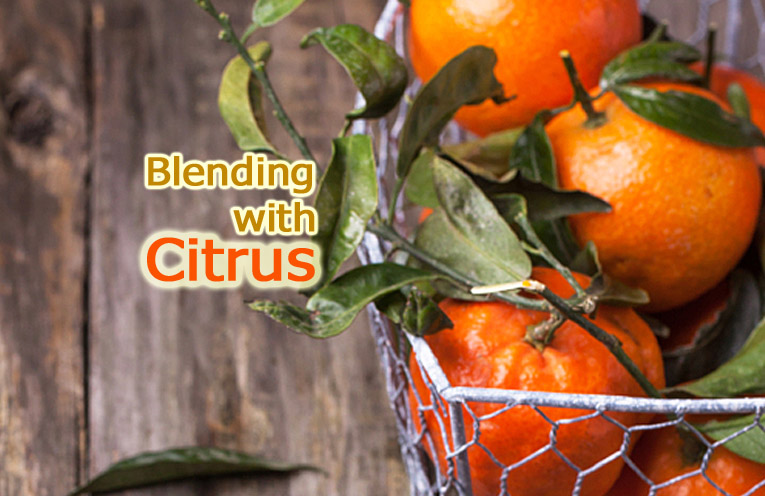
Q:
“I have been currently researching herbs for their natural scents and interested in the formulation of my own natural scents for solid and oil perfumes.
I know what I like, at least what my nose likes.
In my oil infusions, I have used many kinds of citrus fruits as well as many tradition types of herbs. I like the oils I have created, however, the citrus scents do dissipate much faster. I can mix say, vanilla oil and grapefruit in a ceramic dish and let set for over two weeks and the smell is still very strong, yet when placed on my skin, it dissipates within a few minutes, only lasting about 10 minutes. The vanilla of course lasts, but the citrus smell is very gone.
After reading a lot about resins in plants, I can only guess that it is the resinous part of the plants that help fragrances last longer. And I think I read that resins are used as fixatives in perfumes.
Am I on the right track ? Can you offer some sound advice on how to fix citrus smells into my oil infusions? Or suggest a great resin that isn’t over powering that I can use a small amount to fix my citrus blends?
Thanks
Rita”
Rita”
A:
“Hi Rita
Thanks for the question!
Sometimes it helps if you make the citrus scent stronger. To increase the scent of an herb infused oil, you can make a double or triple infused oil. So after you infuse citrus peels in a carrier oil for a couple to a few weeks, strain it, and then infuse it again. You can infuse the same oil two or three or more times.
Another option is to add a few drops of the same citrus essential oil to the citrus infused oil. For example if you made a grapefruit peel infused oil, you could add a few drops of grapefruit essential oil. Grapefruit essential oil is mildly phototoxic, but if you use a 4% concentration or less, it is not considered a phototoxicity risk. I suggest using a 1%-2% concentration of grapefruit essential oil (since you are using the infused oil too). A 1%-2% concentration is about 6 to 12 drops of grapefruit essential oil in an ounce of grapefruit infused oil. Please note: some citrus essential oils (like sweet orange and mandarin) are not phototoxic. While others are highly phototoxic (such as cold pressed lime and bergamot), which need to be used at even lower dilutions to be safe.
You could add other ‘citrusy’ essential oils too. Some essential oils are not from citrus trees but they have citrus-like scents, and if you combine small amounts of them with your citrus infused carrier oils, they could help make the scent last a little longer. An example is lemongrass essential oil. Please note that lemongrass essential oil’s max dermal concentration is 0.7% concentration, which is about 4 drops of lemongrass essential oil in an ounce of infused oil. You could also try infusing lemongrass (the herb) into your carrier oil.
In your blends, you may want to add middle and base notes too. Lemongrass is a middle note. Flowers, such as lavender and rose, are middle notes and they blend well with citrus! Vanilla is a base note. Resins such as frankincense and myrrh are base notes too. Middle notes will last longer than top notes, and the base notes lasts the longest.
Although many of these tips will help extend the overall scent blend, top notes like citrus peels will disappear on the skin within minutes or an hour or two. The length of time depends on the scent and the individual’s skin. That is just the nature of top notes. But the tips above will help make the citrus scent last a little longer than if you had used only citrus in your blends.
Have fun crafting and blending!
Li”
Li has over two decades of plant knowledge and experience! She is an aromatherapist (trained in clinical aromatherapy and advanced aromatic medicine), herbalist (trained in family, community, and clinical herbalism), natural perfumer, natural formulator, eco living writer, and environmental scientist/biologist.
×
Li has over two decades of plant knowledge and experience! She is an aromatherapist (trained in clinical aromatherapy and advanced aromatic medicine), herbalist (trained in family, community, and clinical herbalism), natural perfumer, natural formulator, eco living writer, and environmental scientist/biologist.



